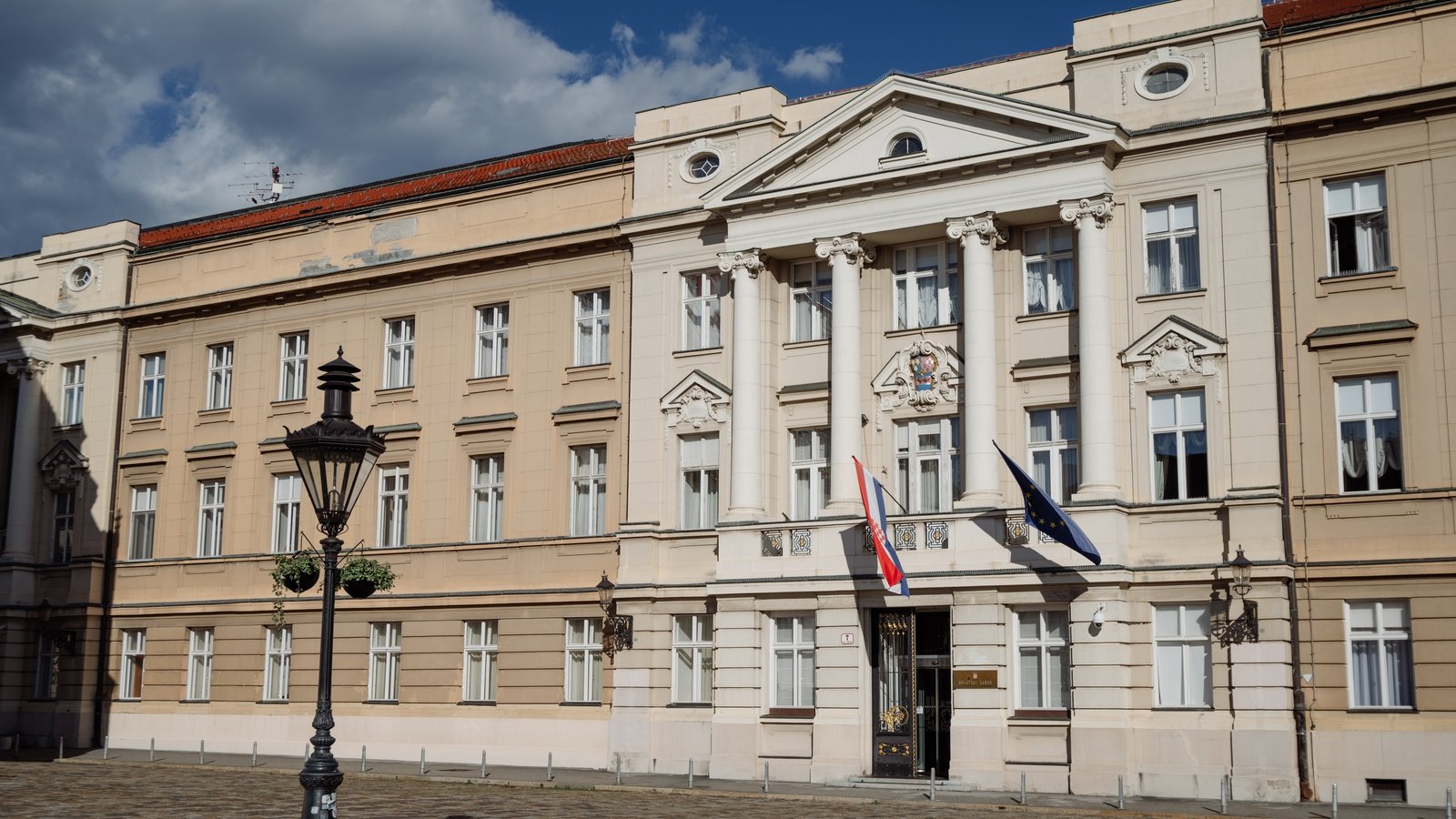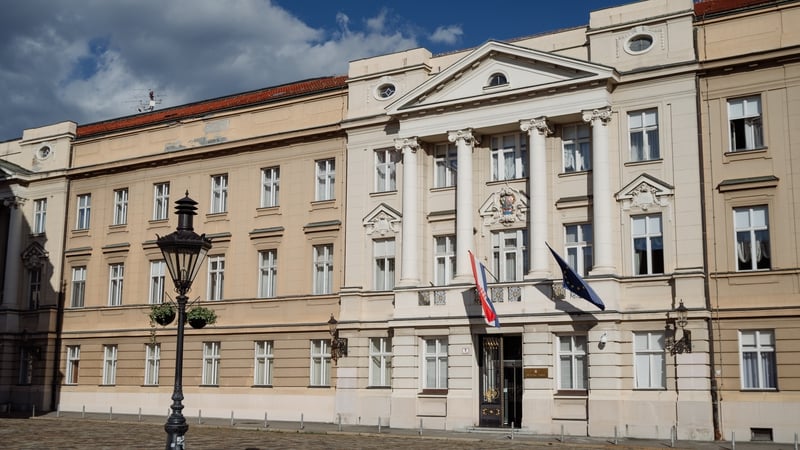Croatia passes law making femicide a specific crime


Croatia’s parliament has approved changes to the criminal code making the killing of women because of their gender a distinct crime.
Croatia becomes the third country in the European Union after Cyprus and Malta to recognise femicide.
Politicians also approved a controversial bill which journalists and the opposition say will ban reporting details of criminal investigations and claim is an attempt to silence journalists’ sources.
The move to make femicide a specific criminal offence followed the death in September of 20-year-old law student Mihaela Berak, who was shot dead by a serving police officer she had briefly dated.
“These changes will protect the rights, the safety and the dignity of women and send a clear message that violence against women is unacceptable,” conservative Prime Minister Andrej Plenkovic said in late February when he announced the bill.
The changes mean anyone found guilty of violence against women faces between 10 and 40 years in jail, the toughest punishment provided for under Croatian law.
The changes were approved by 77 votes to 60, according to the official Hina news agency.
Croatian NGOs say the Balkan country has the third highest femicide rate per capita in the 27-nation EU.
Last year, 2,300 women in Europe died at the hands of an intimate partner or family member, according to EU data. There were 12 such murders in Croatia, which has a population of 3.8 million.
The death of Berak triggered protests across Croatia and demands for the penal code to specify that femicide is an aggravating circumstance demanding severe sanctions and long jail terms.
MPs have also approved an “anti-leaks” bill banning the disclosure of information about criminal procedures.
“The aim of this law is to cover up… looting and corruption,” Pedja Grbin said, leader of the opposition Social Democrats during a heated pre-vote debate.
The law says anyone who discloses “the details of investigations or evidence gathering procedures” can be jailed for up to three years.
The government insists the new regulations do not mention journalists but focus instead on judicial officials, police, lawyers and witnesses.
But journalists say the bill will silence their sources and limit information provided by whistleblowers, making reporting on corruption and public affairs issues increasingly difficult.





